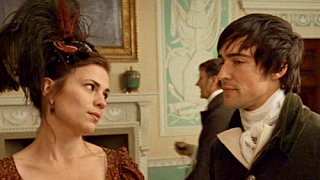The Book Lover's Guide to Paris
Secret # 2
This weekend my lovely brother and sister came to visit me in Paris, and top of my "To Do" list was going to the famous "Les Deux Magots" Café on the Boulevard St. Germain. The street is the crowning glory of Baron Haussmann's restructuring of Paris' Left Bank. Famous from the 1930s for its flowering café culture, bars and nightclubs have blinked merrily along the boulevard every night, until its heyday in the 1960s.
Becoming the centre of Existentialist thought, Jean-Paul Sartre famously frequented "Les Deux Magots" with Simone de Beauvoir, Ernest Hemingway, Albert Camus et al. in tow. It was here that Picasso met his muse, and philosophers, authors and musicians all found their intellectual and spiritual home, spilling over into "Café de Flore" next door.
 |
I feel that the café can and will survive on reputation alone, so it was without embarrassment that the waiter told us that first thing on the weekend they had no 'pain aux raisins' or 'pain au chocolat' left. We made do with warm baguette and some nice toasted brioche but expect a small coffee to set you back €5.60! The atmosphere was nice, but unless you are keen on the authors in whose reputation "Les Deux Magots" basks, I'd take your custom elsewhere. If you are a die-hard fan, there is a gift shop downstairs with "Les Deux Magots" branded mugs, plates, notebooks etc.
"Les Deux Magots" is named for the two Chinese figurines who sit proudly inside.
If I returned, I'd be tempted to try Café de Flore next door - for now I'm content to soak up the culture and the history created by these literary icons as I stroll by.


















